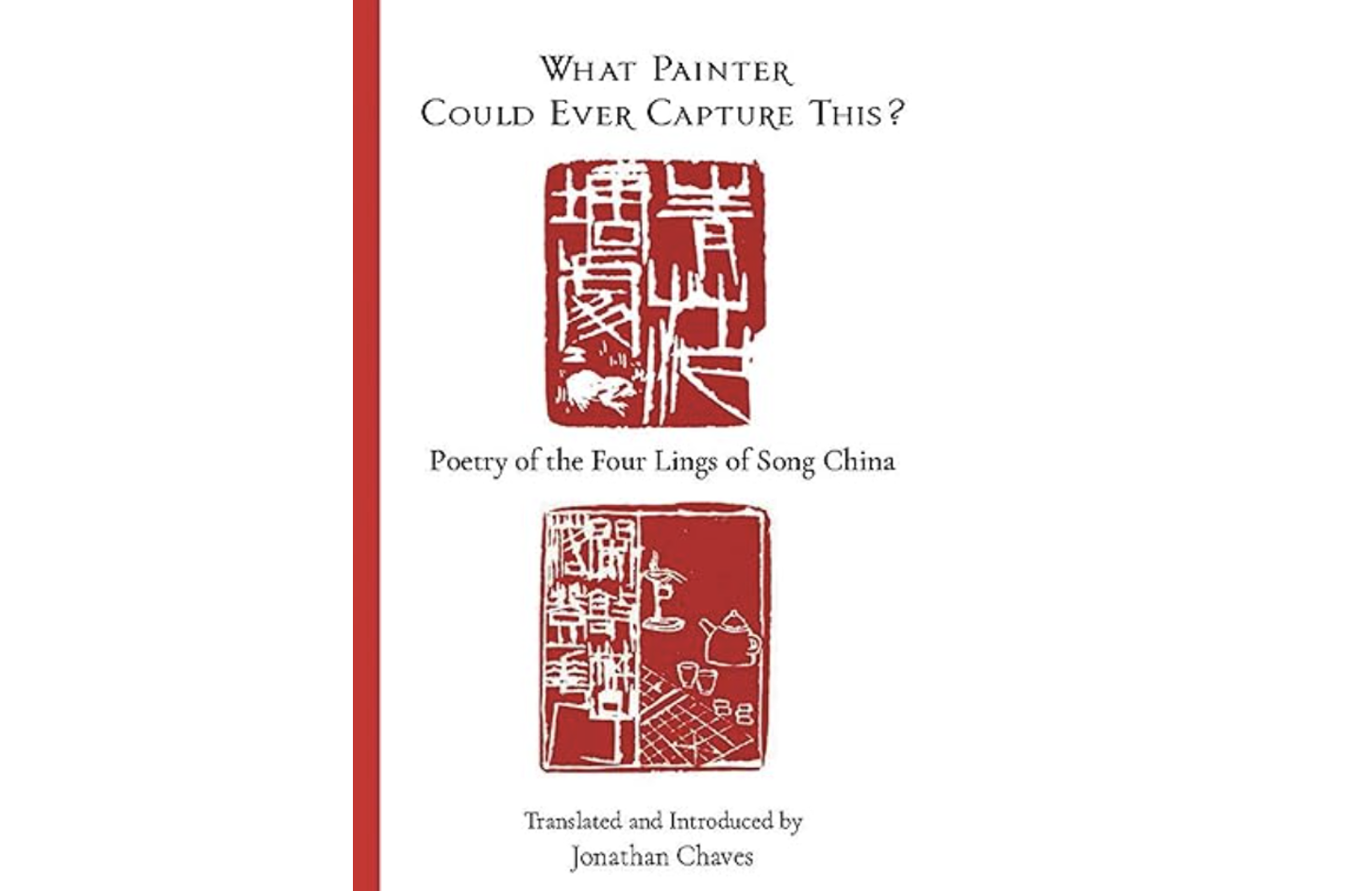Often overlooked in Chinese poetic history are a number of accomplished late-Song poets, among the most important of whom were four men from Wenzhou known as the "Four Lings" because, apparently by common consent, they all had noms-de-plume containing the character ling, meaning "numinous" or "magical." The four were: Weng Juan (d. after 1214), Xu Zhao (d. 1211), Xu Ji (1162-1214), and Zhao Shixiu (1170-1219). As other late-Song poets, they leaned toward understated, straightforward diction that incurred the enmity of those who preferred the more flowery, allusive style of the high Tang. As they navigated the uncertain career paths of would-be minor officials, the Four Lings wrote movingly about their joys and disappointments, the hardships of poverty and old age, and the solace to be found in nature and friendship. Seeming to share a single poetic sensibility, they wrote in a naturalistic and accessible style that won widespread admiration; it is fitting that they now be presented together, as friends and fellow poets of consequence.
What Painter Could Ever Capture This?: Poetry of the Four Lings of Song China
October 2, 2023


